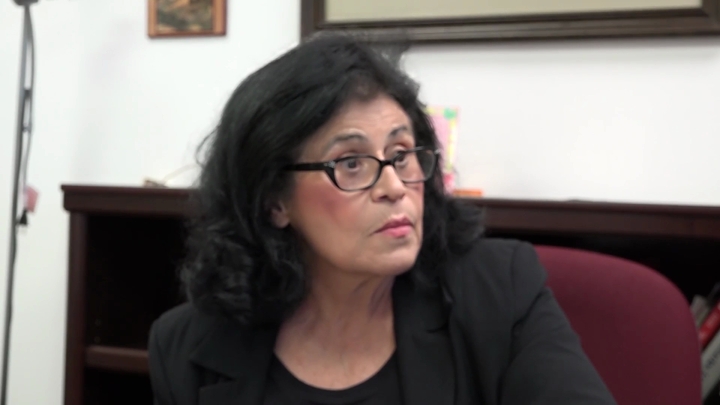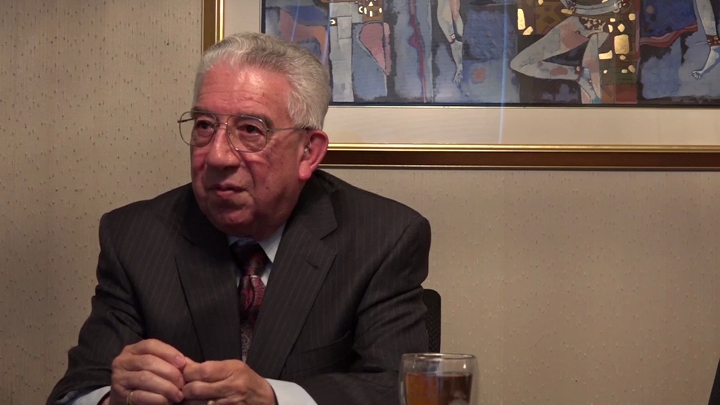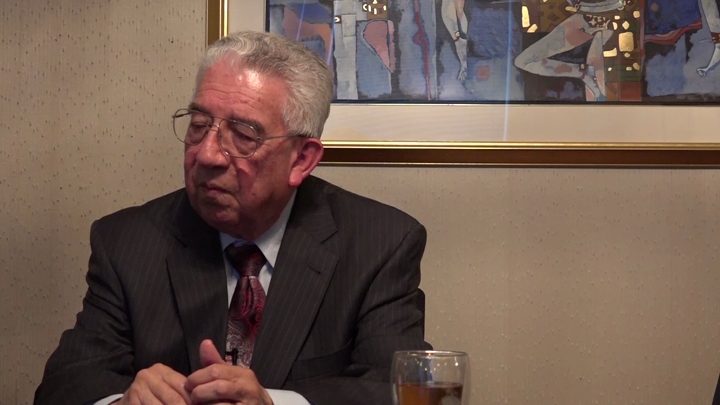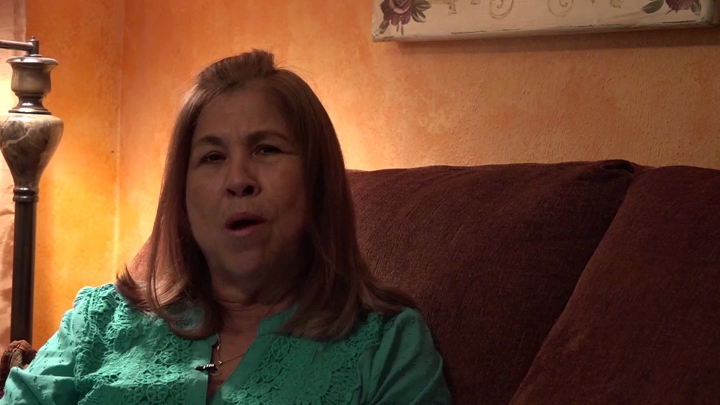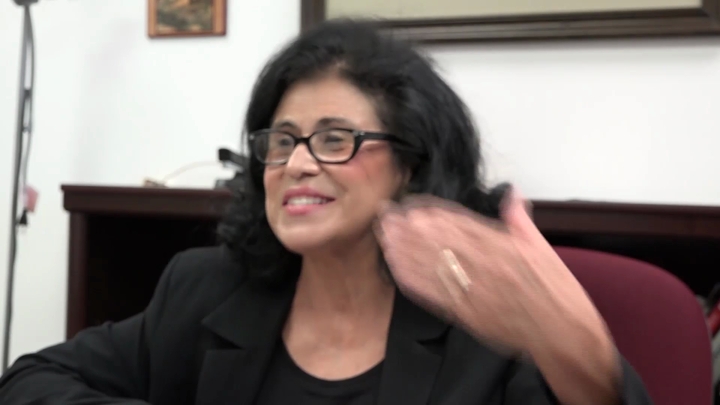Abalos / Integration and Education
sign up or sign in to add/edit transcript
Abalos: When I was about 10, we moved to another side of town. When I was in the 4th grade that is when they supposedly “integrated” our schools. I say supposedly because they integrated the minority schools. They did this and got away with it for a few years because they said we, Hispanics, were white. So, on paper it looked like the schools in Ector County were integrated. But what they did is- they closed the African American high school. They sent them to the school- Ector High School- Ector Junior high school because this was a school from 7th to 12th grade. So, they sent the African Americans there. They turned their high school into a junior high and Mexican American and African American went to school at the junior high. Then, they integrated all the elementary schools in the South side. So we moved right about the time- we moved to- at that time was a white section of town. The school I went to- I went from a school that was all Hispanic except for one anglo, until they integrated and then it was Hispanic, blacks, and the one anglo. To a school that was for the most part white. Then, there was white flight. But when I went to school at Zavalla, there were two other Hispanics in my class. So, I went from a school that was all Hispanic to a school that was basically 97 percent white. It was a cultural shock for me. Like I said, I had not been much outside of my neighborhood. Because we did not have a car, so we walked everywhere we went. Sometimes we took the city bus because there was a city bus at the time. But we went to the movies, the movies we went to Hispanics went to- that is who went. The pool we went to that is where the Hispanics went. So, there was not much communication with Anglos except for our teachers. My English- I was one of the top students at Milam. My English was atrocious. I did not know this until went to Zavala, which was the school that we moved to. And unfortunately or fortunately, depending on how you look at it, I got one of the hardest teachers. Not just in the 4th grade , but in the whole school. She had this program where if you spoke incorrect English and one of the other students heard you, they could write it down and put it in a good English box. Then, on Friday you got up and heard what you said, and then you had to correct it in front of the class. It did not take me long to watch what I said and not to speak until I knew that what I was saying was correct. I learned English, correctly from that teacher. Moye: That is not exactly a self-esteem builder though. Abalos: It was not, I wonder – to be honest with you- I have a strong personality and luckily I am proud I survived it. But I can only imagine what someone else who could not deal with it felt like. But, you know it was not just the Hispanics that messed up. A lot of the Anglo kids did not speak English correctly either. It was pet peeve. Everybody that made a mistake had to get up there. I can tell you I soon learned just watch what I was saying and get it right before I talked.


